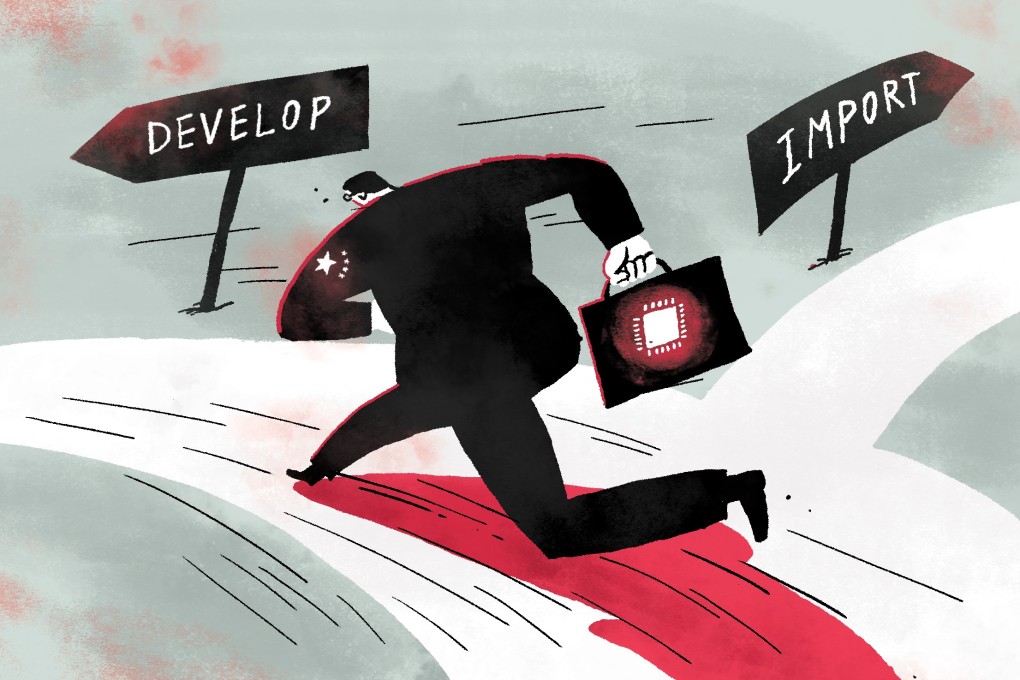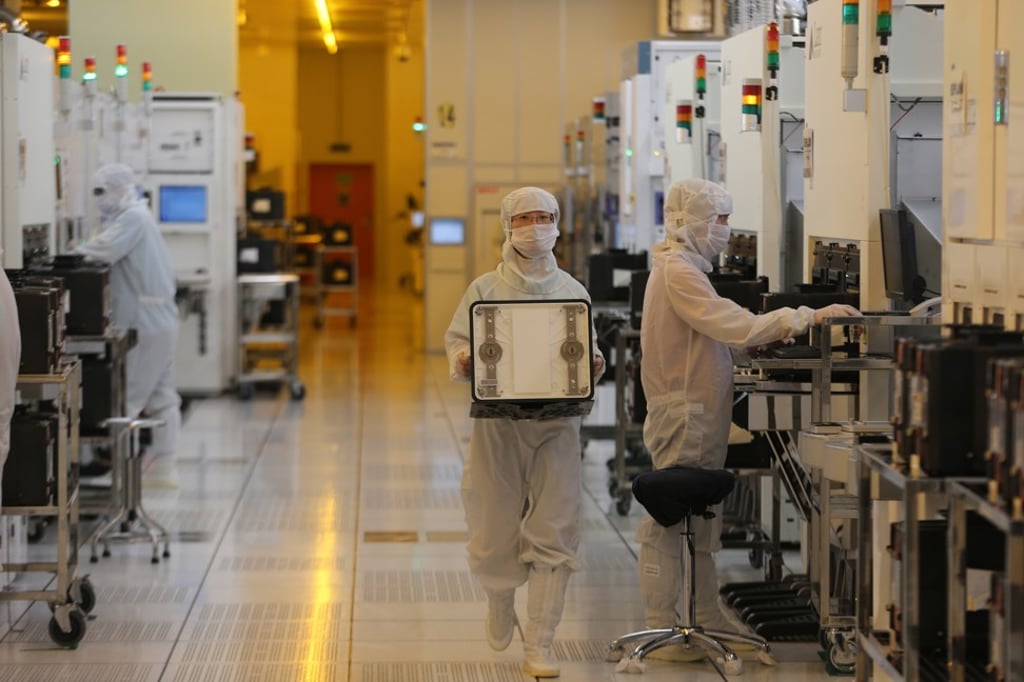Rhetoric aside, what do China’s semiconductor insiders really think about the nation’s self-reliance drive?
- This is the second in a series of in-depth articles examining China’s efforts to build a stronger domestic semiconductor industry amid rising trade tensions
- Here we look at what some of China’s leading industry insiders think about the issue of whether it is better to build or buy chip technology

Joseph Xie Zhifeng relocated back to his native Shanghai in 2000 after 17 years away in the US and Singapore to join the founding team of what would become China’s biggest semiconductor manufacturer.
“Pudong was still mostly farmland and the entire Zhangjiang hi-tech park was a village back in 2000,” Xie said in an interview, referring to the Shanghai district where Semiconductor Manufacturing International Corp has its headquarters. “Today, the Yangtze River Delta supply chain is basically complete and only lags the leading global standard by five to 10 years.”
Phenomenal transformation notwithstanding, industry veterans worry that it is a technology gap that may never be closed if China continues down the same path of importing foreign technology instead of developing its own, dooming it to dependence on friends who may become tomorrow’s foes.
This mindset started with assembly lines for colour televisions, then to cars and integrated circuits, but the technology that is sold to China is often outdated and, in some cases, obsolete, according to Xie, who had stints at Intel and Chartered Semiconductor before joining SMIC, where he was vice-president when he left in 2011.

The fact that China may have had little choice of importing hi-tech know-how given how far it had fallen behind in technology and manufacturing expertise adds to the hand-wringing.
“There’s a Chinese saying that even a clever housewife cannot cook a meal without rice. But in this case, we didn’t just lack the rice, we didn’t even have stoves, pans and other cookware,” Xie said. “For a long time, such notions didn’t occur to the country’s top policymakers.”
